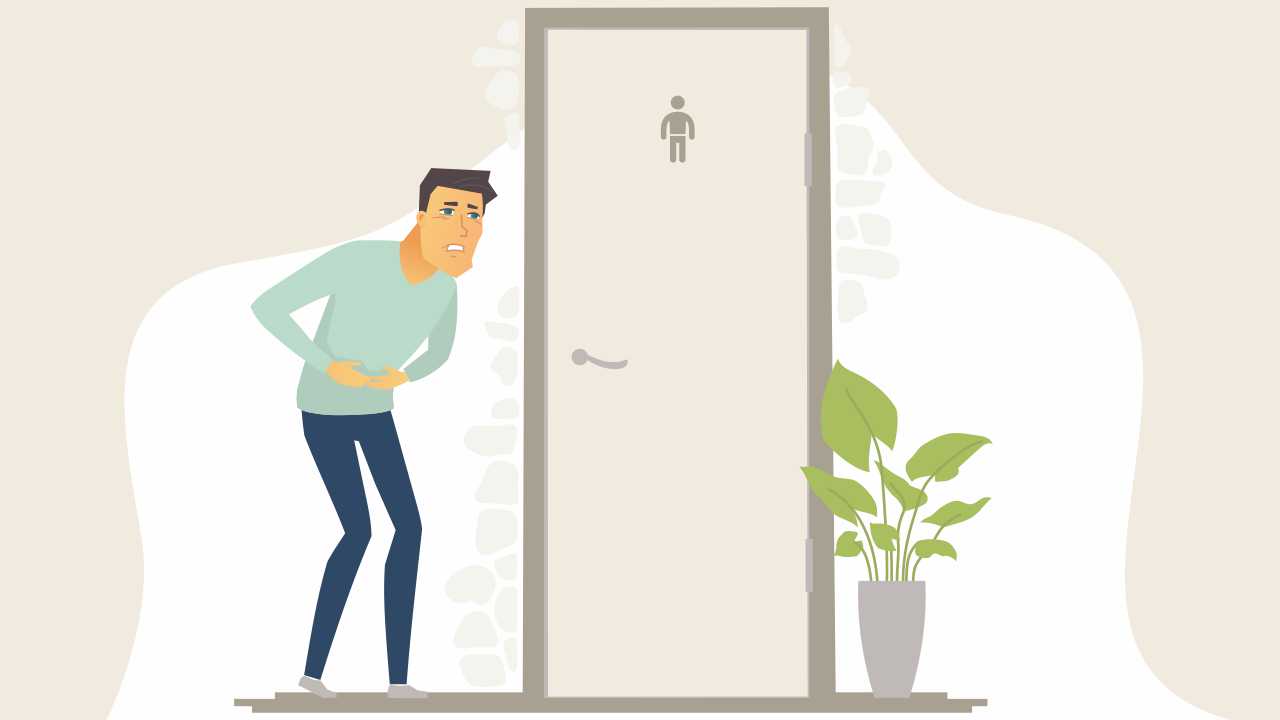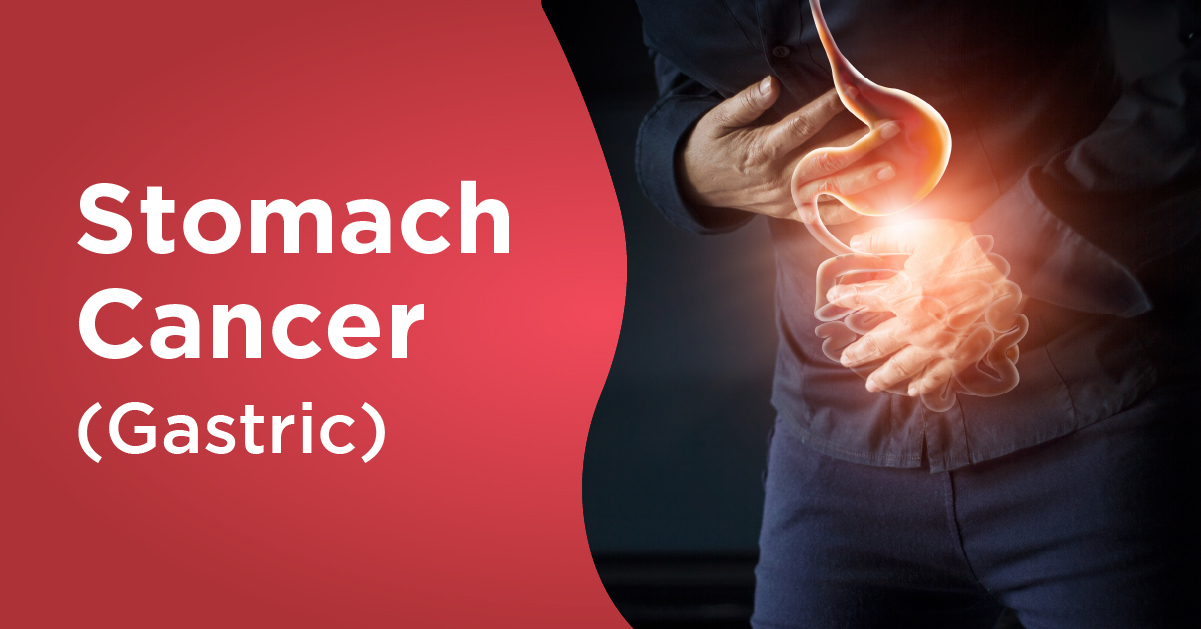The symptoms of gallstones can vary from person to person, and some individuals with gallstones may not experience any symptoms at all. When symptoms do occur, they typically manifest as follows:
- Pain in the Upper Right Abdomen: One of the most common and characteristic symptoms of gallstones is a sudden, severe pain in the upper right quadrant of the abdomen. This pain, known as biliary colic, can be sharp and cramp-like. It often occurs after a meal, especially one that is high in fat.
- Pain in the Right Shoulder or Between the Shoulder Blades: Gallstone pain may radiate to the right shoulder or between the shoulder blades. This referred pain is known as “referred pain” and occurs because the gallbladder and the diaphragm share nerve pathways.
- Nausea and Vomiting: Many individuals with gallstones experience nausea and may vomit, especially when the pain is severe.
- Bloating and Gas: Some people with gallstones may feel bloated or gassy, often after eating a fatty meal.
- Indigestion and Heartburn: Gallstones can lead to indigestion, causing discomfort and a burning sensation in the upper abdomen, similar to heartburn.
- Changes in Bowel Movements: Gallstones can affect the digestive process and lead to changes in bowel habits, including diarrhea or light-colored stools.
- Jaundice: If a gallstone becomes lodged in the common bile duct, it can block the flow of bile, leading to jaundice. Jaundice is characterized by yellowing of the skin and eyes, dark urine, and pale stools.
It’s important to note that not all gallstones cause symptoms, and they may be discovered incidentally during medical imaging tests for other conditions. Additionally, the severity and frequency of symptoms can vary widely.
If you experience severe or persistent abdominal pain, particularly in the upper right abdomen, along with any of the symptoms mentioned above, it is essential to seek medical attention promptly. Gallstones can lead to complications, including inflammation of the gallbladder (cholecystitis), pancreatitis, and obstruction of the common bile duct. Timely evaluation and treatment can help prevent these complications and provide relief from gallstone-related symptoms.
For more information, consult Dr. Vedant Karvir the Best Gastroenterologist in Mumbai Practicing at Globus Gastroenterology Hospital




